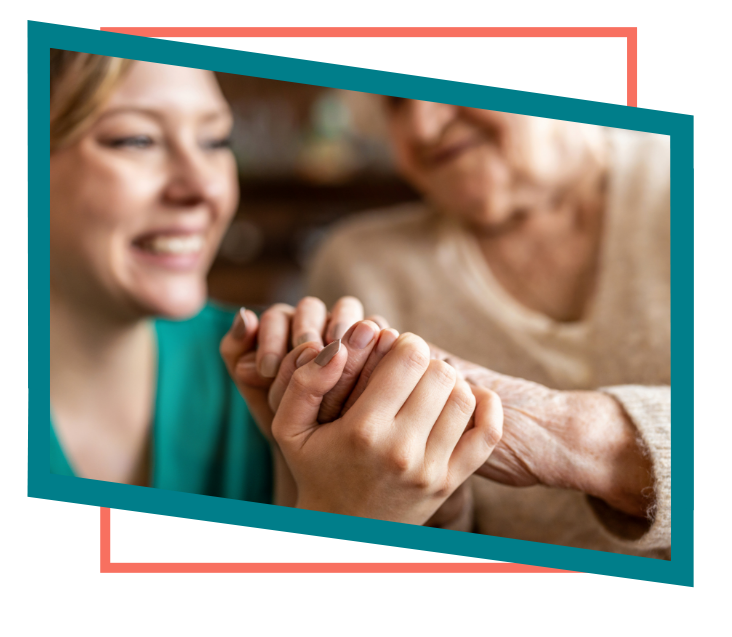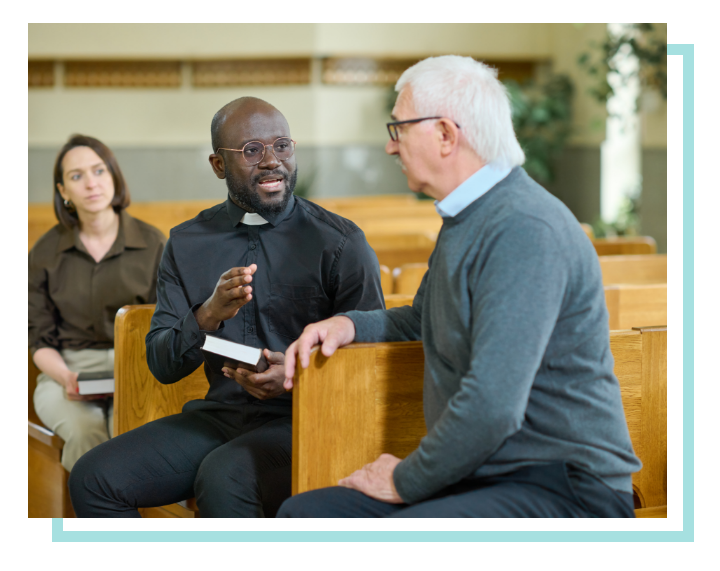
The hospice physician/medical director leads the hospice care team in developing a plan of care to meet each patient’s specific needs, provides consultation to physicians regarding hospice care, and certifies terminal prognosis as part of the hospice eligibility process.

When a patient has been diagnosed with a life-limiting illness, our compassionate team of hospice nurses are there to meet their needs. Hospice nurses are skilled in assessing and managing a patient’s pain and symptoms, while also providing comfort to the family and teaching them how to take the best care of their loved one.

Social workers provide information and resources to help the patient remain safe and cared for in their own homes. The Social Worker provides education and aid in setting up community resources to assist with any medical, psychological, financial, or social assistance that may be needed.

Hospice aides are certified nursing assistants who assist with personal care and activities of daily living to provide comfort and dignity at the end of life. The care provided may include bathing, grooming, assistance with getting dressed, linen changes, and light meal preparation.

Our bereavement support team provides grief support to our patient’s loved ones. We provide support groups, information, and referrals for community resources to families and caregivers during this difficult time.

Many people turn to spirituality for comfort in their end-of-life journey and our spiritual professionals are available to provide support to families during this time. They meet you where you are and they support your beliefs, regardless of culture or religion.

The end-of-life journey can be difficult for loved ones. At times, they may need to run errands, go to an appointment, or simply meet a friend for a cup of coffee. Traditions Health has volunteers available that will sit with patients, read to them, or just spend time with them allowing loved ones the comfort of knowing patients are well cared for while they are away. Our volunteer coordinators match the right volunteers with the right patient to meet that patient’s needs.

In hospice care, Physical Therapists help to optimize the patient’s remaining functional ability, using therapeutic exercises, proper positioning and transferring techniques, and recommendations for home safety and injury avoidance. Physical Therapists also help to educate the patient and family, providing skills for caregivers to ensure safety as the patient’s condition progresses.

Occupational therapists provide services that assist our patients in maintaining activities of daily living, such as bathing and dressing, with the goal of preserving independence and quality of life as the patient’s condition progresses.

Speech therapists assist patients who have difficulty communicating or swallowing. Speech therapists can identify strategies to best facilitate the patient’s ability to eat and drink safely and comfortably, and communicate effectively, as the patient’s condition progresses.